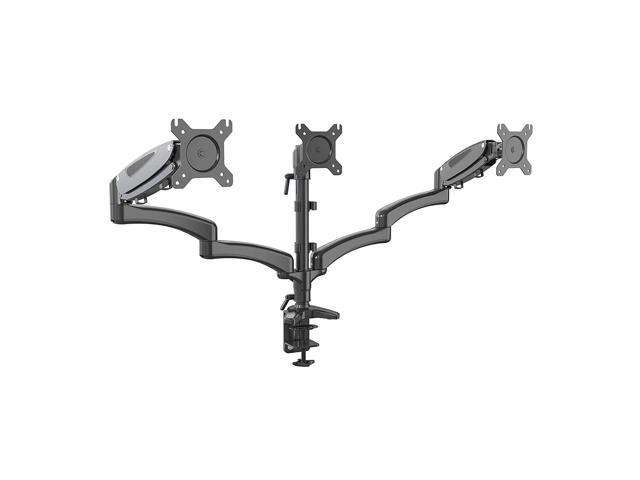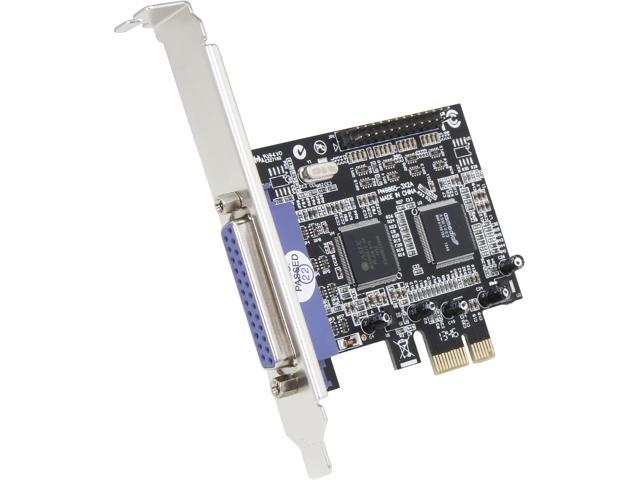Excerpt from Marine Pollution Monitoring (Petroleum): Proceedings of a Symposium and Workshop Held at the National Bureau of Standards, Gaithersburg, MD., May 13-17, 1974
The objective of the Pilot Project on Marine Pollution Monitoring is to initiate and expand an internationally coordinated program for marine pollution monitoring, initially in selected ocean areas, in order to acquire and exchange among nations intercomparable data for making assessments of the periodic state and degrees of contamination of the marine environment; and, to establish the organizational machinery required for further development and expansion of marine pollution monitoring.
The objectives of the Workshop were (a) to provide scientific and technical advice, based mainly on information supplied by the Symposium, as to the methodology (observation and reporting, sampling, sample preservation, analysis, standards criteria, data handling) to be used or initiated during the Pilot Project, and also to identify future studies needed to expand the Pilot Project; (b) to recommend technical assistance programs and training and education projects that would provide pertinent support to developing countries to enable them to establish marine pollution monitoring activities.
These Proceedings contain summaries of, plenary speeches by invited guests.
About the Publisher
Forgotten Books publishes hundreds of thousands of rare and classic books. Find more at www.forgottenbooks.com
This book is a reproduction of an important historical work. Forgotten Books uses state-of-the-art technology to digitally reconstruct the work, preserving the original format whilst repairing imperfections present in the aged copy. In rare cases, an imperfection in the original, such as a blemish or missing page, may be replicated in our edition. We do, however, repair the vast majority of imperfections successfully; any imperfections that remain are intentionally left to preserve the state of such historical works.















